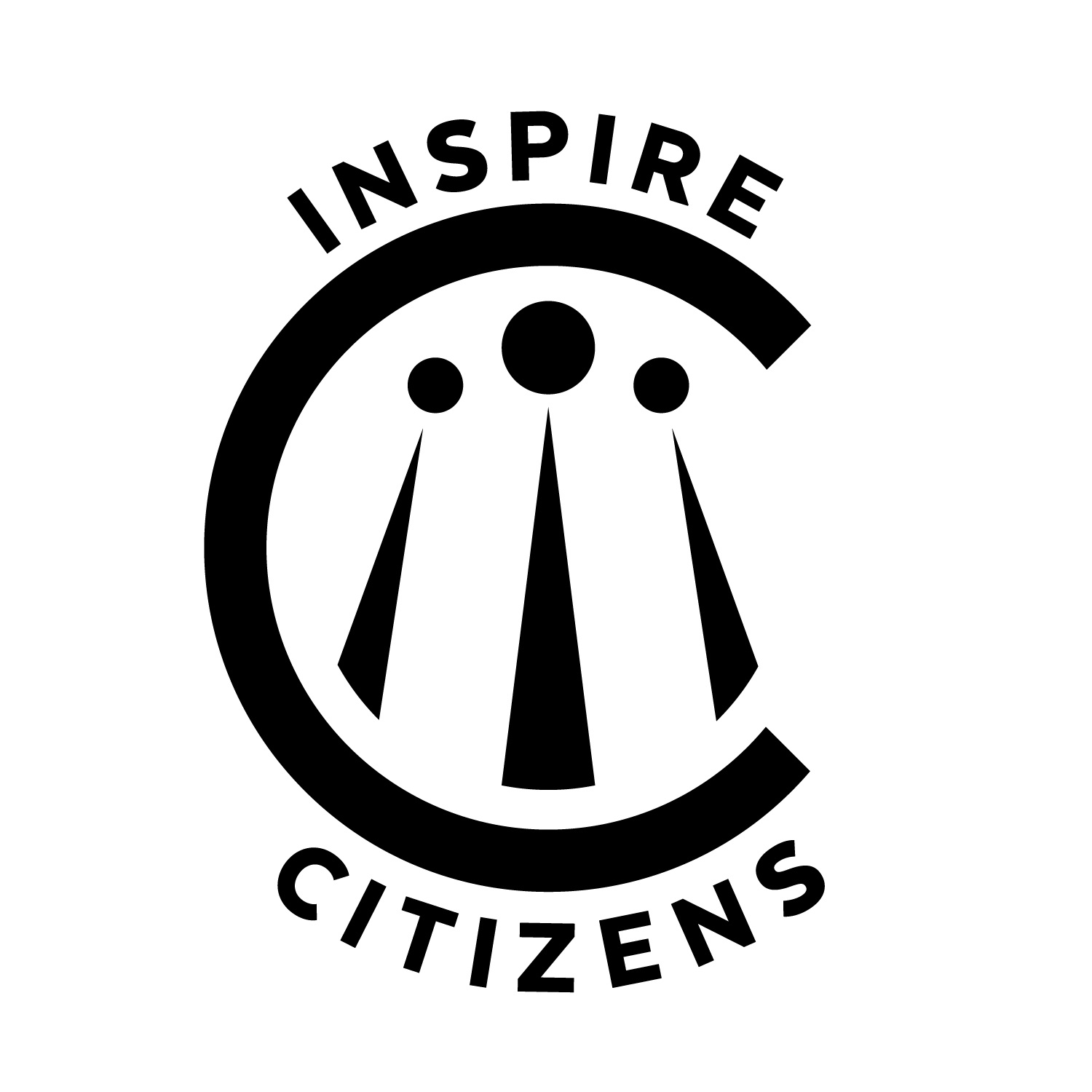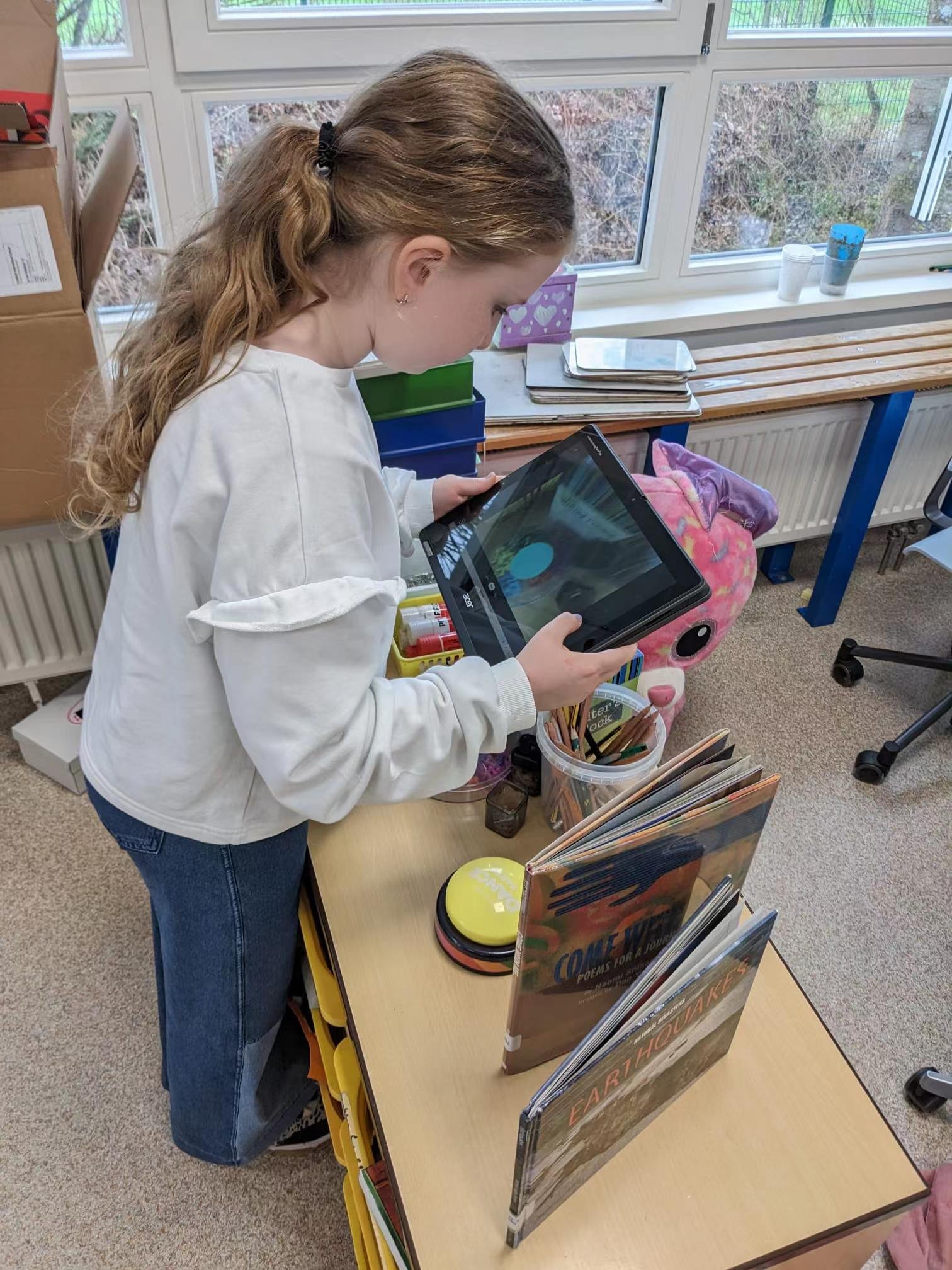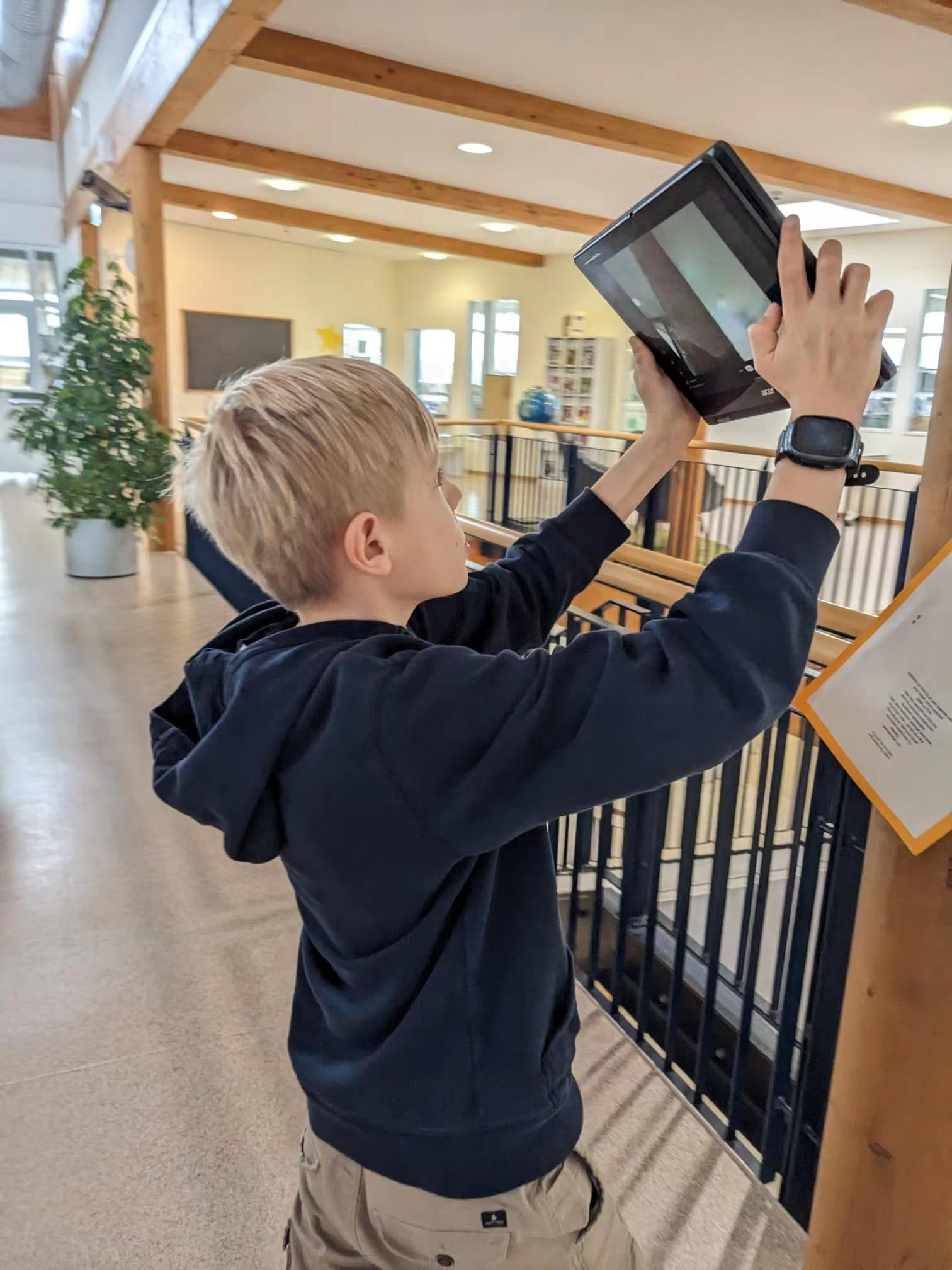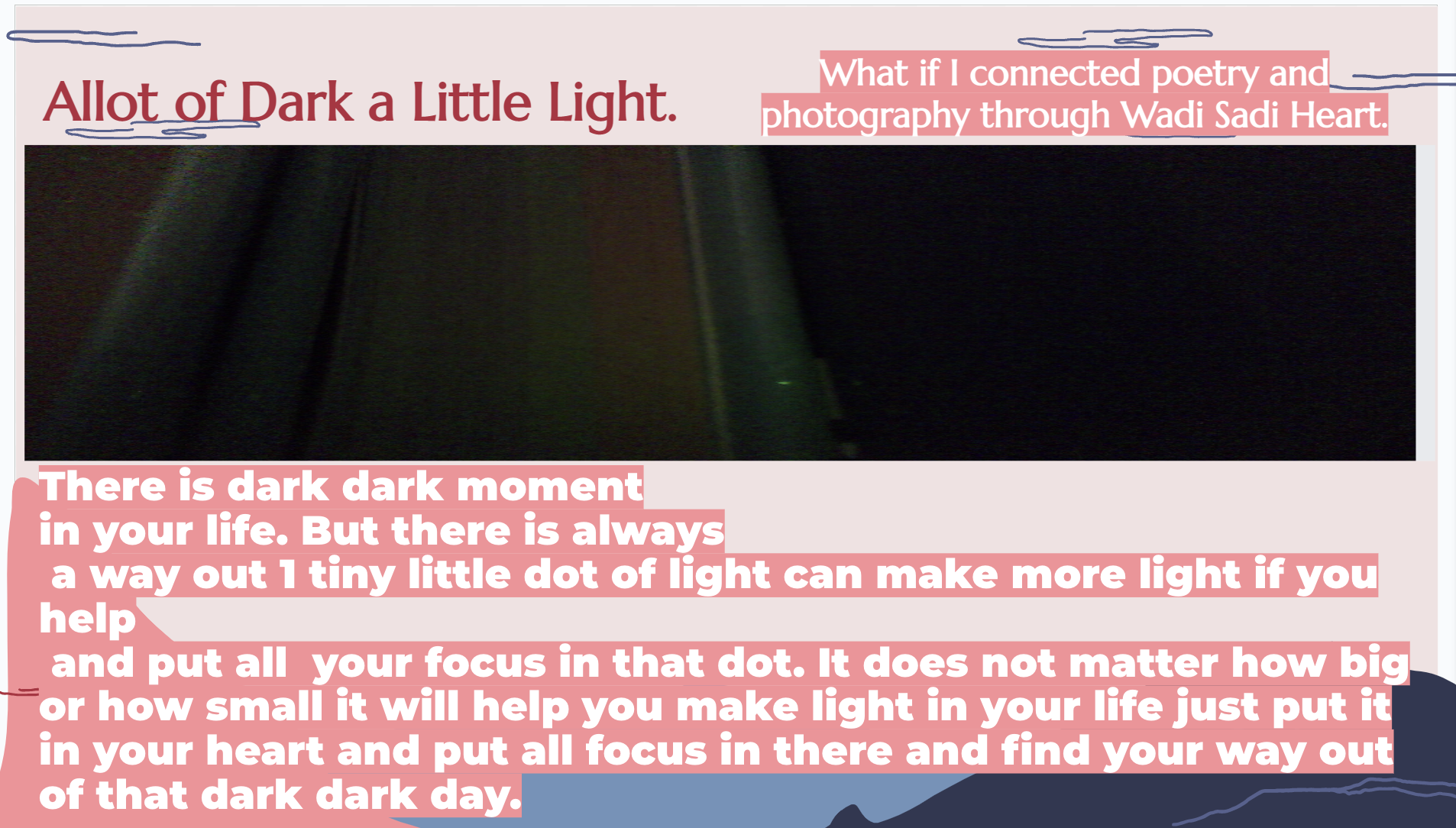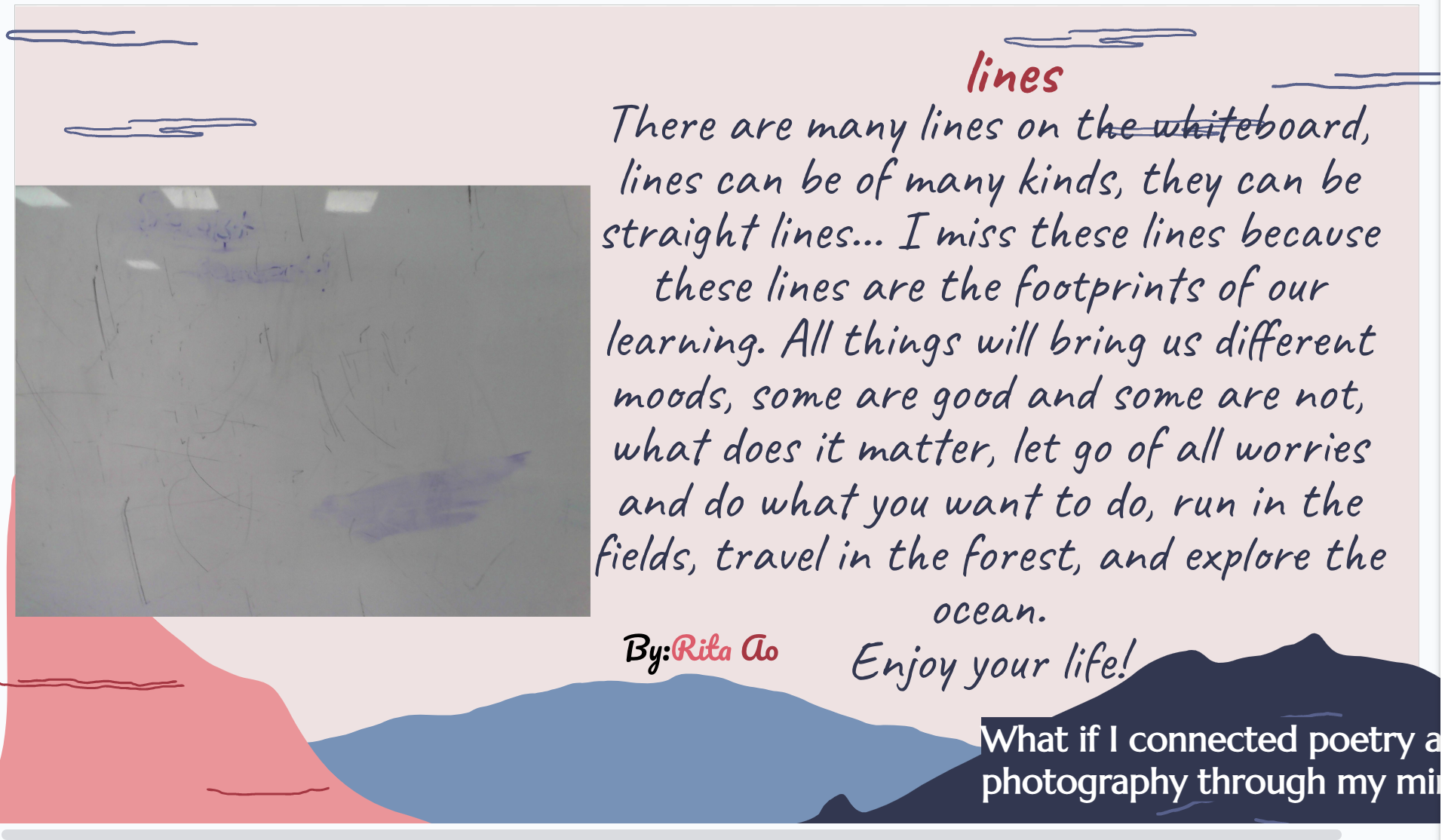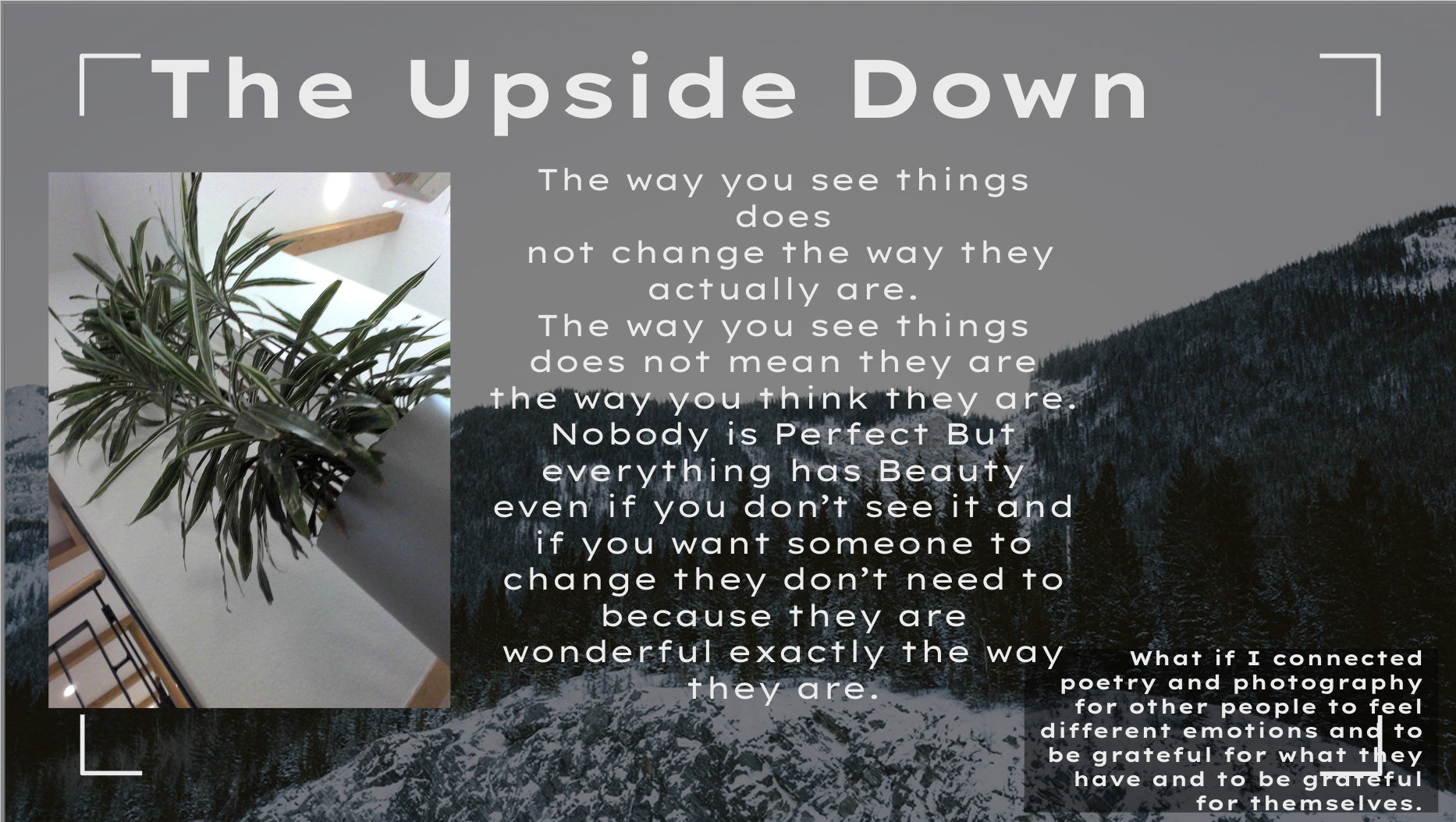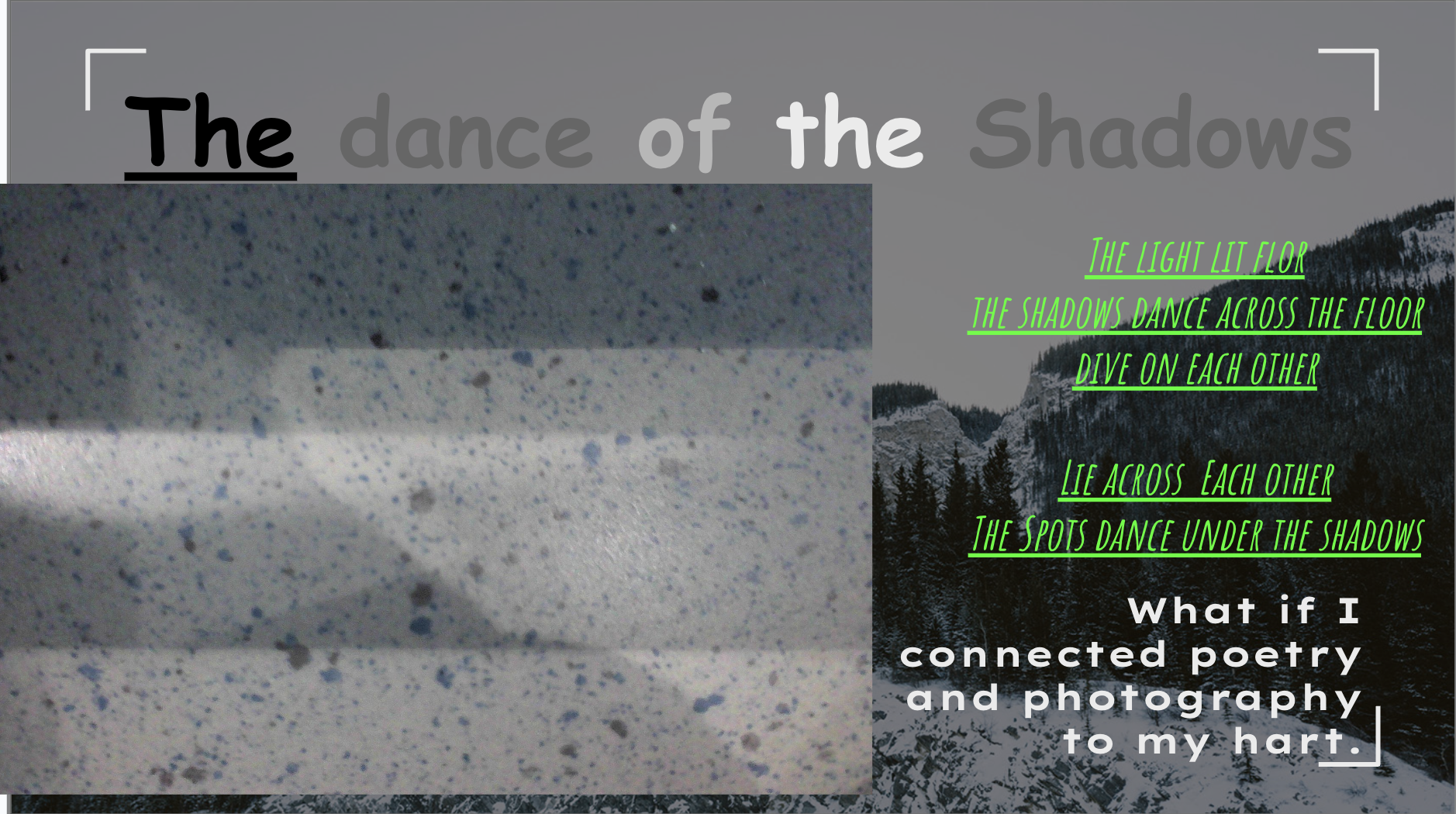Wabi Sabi photography + poetry = learning impact
A slide about wabi sabi and photography that Ivy used with grade 4 learners at FIS.
When Inspire Citizens facilitator Ivy Yan recently shared some photographs with grade 4 students at Frankfurt International School (FIS), she introduced them to the concept of wabi sabi and sparked a powerful learning experience in their poetry unit.
Wabi sabi is a Japanese term and concept that refers to the beauty, wonder and appreciation we can find in imperfection. Something that is imperfect can be beautiful in so many ways, and can also remind us to pay attention, be present and celebrate everyday moments and items.
Iv, who specializes in deep happiness and environmental conservation, is intrigued and fascinated by the concept of wabi sabi, and feels it encompasses many relevant and important truths about how we see the world and what we appreciate.
She was recently at FIS for their Changemaker Conference and spent a follow-up day in classrooms with students. Chris Thompson’s grade 4 class was nearing the end of a unit about poetry when Ivy shared her photographs featuring natural objects such as rocks and cabbage. The students were challenged to see the beauty in the imperfections of these everyday objects and then write poems in response.
“In this unit, the students learned about how we can use poetry to express ourselves, and this tied into the concept of wabi sabi so nicely,” says Chris. “The students learned about various elements of poetry and types of poems, and kept poetry notebooks to capture what they noticed about different poems and what kind of action was inspired by various poems.”
Students also wrote poetry throughout the unit, and wabi sabi became a way to consolidate the writing experience to wrap up the unit. After learning about wabi sabi, the students took their own photographs of things on campus that reflected everyday or imperfect beauty, and then wrote poems based on those photographs.
Chris gathered several students together for a lunchtime session to reflect on the poems they had created and shared with each other, and it was clear they had been deeply impacted by the experience.
Ivy working with Chris’s students at FIS.
Grade 4 students engaged in a lunchtime Zoom session with Inspire Citizens storyteller LeeAnne Lavender.
One student’s wabi sabi photograph and poem.
“You write down your feelings when you write poems,” commented a student named Rita. Rita is an ELA student who initially worked with Ivy in Mandarin to compose her ideas and thoughts for the learning experience.
“I really like poetry because it’s inspiring,” added another student, Sally.
Emil explained that he took a picture of a tree on campus where the bark had been nibbled by bugs. “I wanted it to be a bit spooky and the wood ended up looking like a path,” he said.
The students talked with each other readily and easily about the power of photographs and poetry, and how the two art forms offer rich ways of thinking about our world.
“It was a nice lens and cap on our poetry unit,” comments Chris. “Hearing the class talk about a growth mindset and connections to wabi sabi was so interesting. We have a year-long unit, kind of like genius hour, called ‘iTime’ and this whole experience ties nicely into that.”
Ivy was thrilled that the students enjoyed learning about wabi sabi and connecting photography to poetry. She believes deeply that art can help us slow down and perceive the world differently, leading to reflection and action that can create a positive and purposeful impact in the world.
Below: students taking wabi sabi photos, and a few more student wabi sabi photographs and poems.
